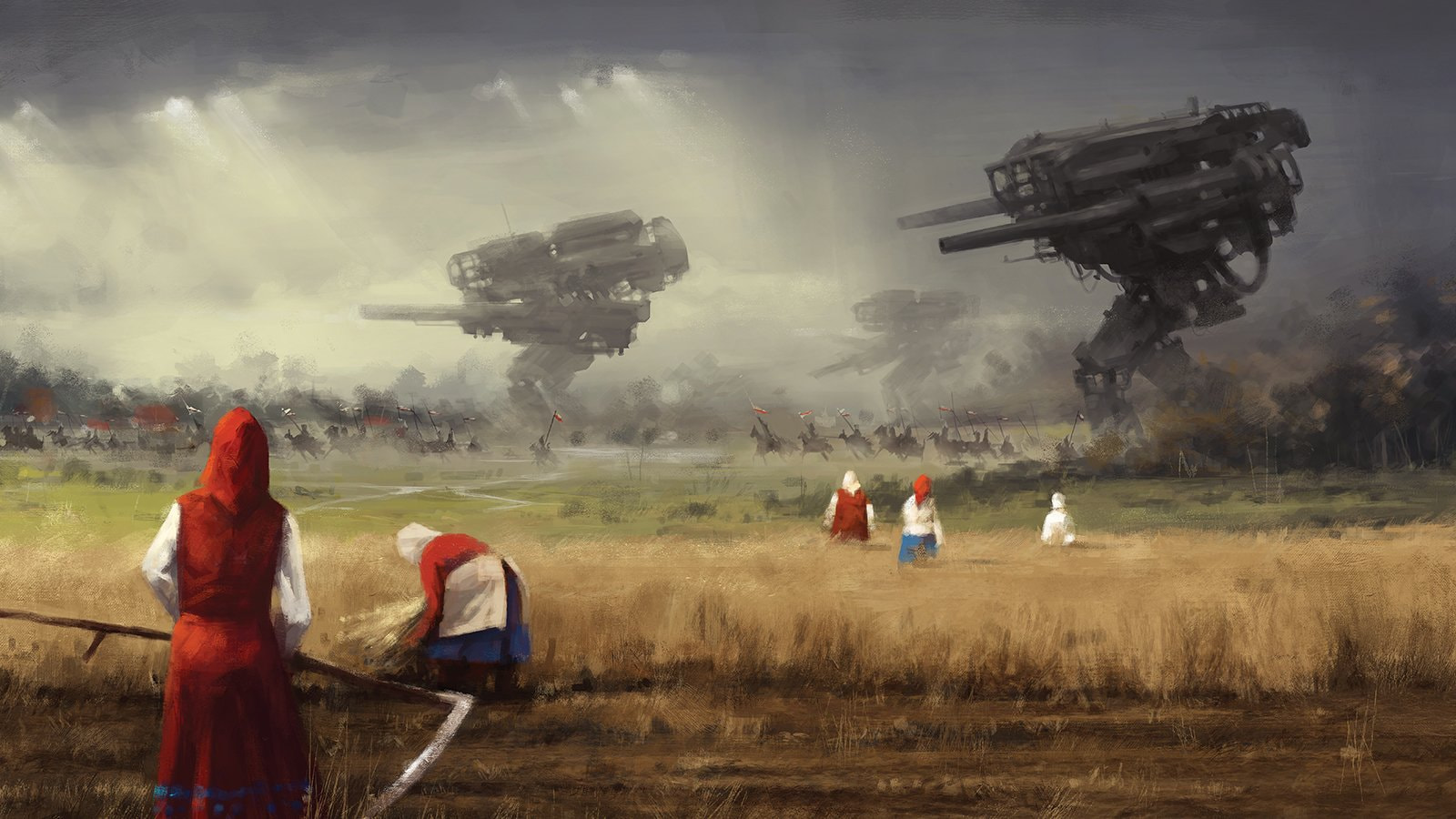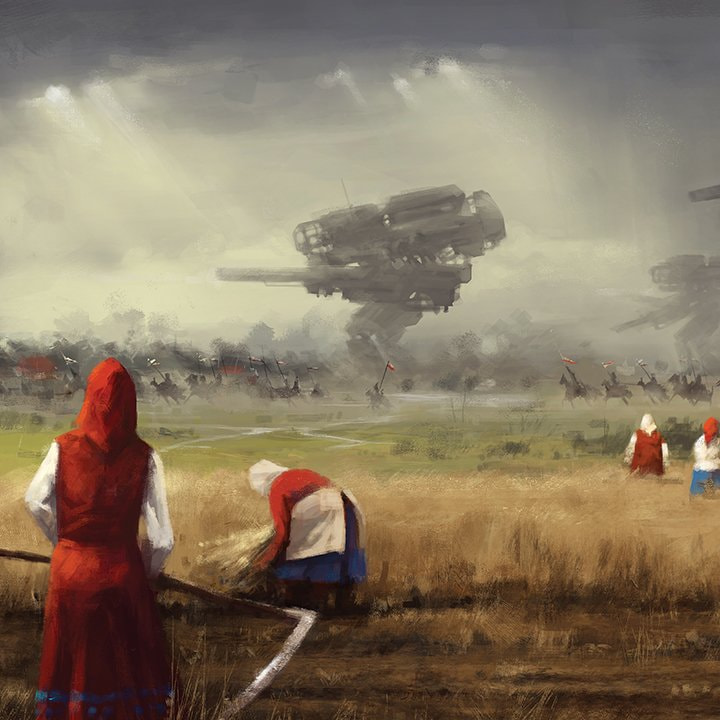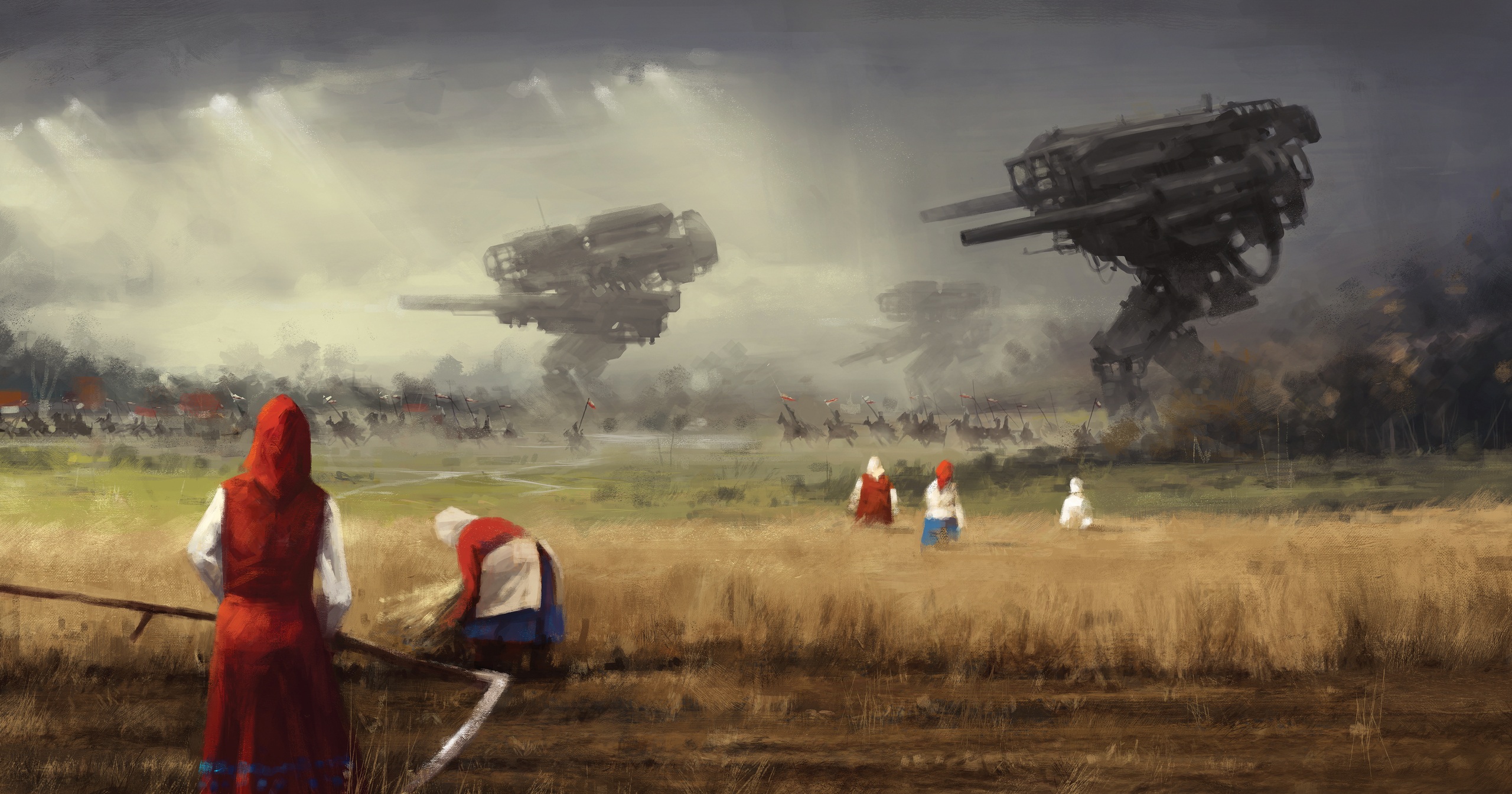As part of the the public program for the exhibition by Thomas Demand, book club participants will study the best examples of alternative history fiction and discuss how and why their authors question the idea of historical progress.
“What would have happened if…?” This is a question humans have been asking themselves since antiquity—the time where the great deeds of statesmen and military leaders were not unlike those of the legendary heroes. Indeed, one of the earliest examples of AH writing was Ab Urbe Condita Libri [Books from the Founding of the City] by Titus Livius, in which he described a hypothetical clash between the Roman Republic and Alexander the Great as if he had not died over a century earlier.
Later, alternative history became an independent literary genre, which always flourished in times of turbulence, whether it was the fall of Napoleon, the Second World War, or an economic crisis. Today, we are witnessing another rise, with stories of Donald Trump not coming to power, Hillary Rodham not marrying Bill Clinton, and time travelers from Russia migrate to the past by the thousands to organize a conquest of Europe. The plots are countless.
Just like Thomas Demand’s works that shimmer between fact and fiction, the best AH writings reverse time to throw a spotlight onto particular specificities of the era they describe. Their main point is to question the assumption that progress has taken the path it had to, and to which there was no alternative.
Participants will discuss how authors come to AH writing: some, like Stephen Fry and Laurent Binet, use it as a device for a satirical review of our cultural givens; others, like Kim Stanley Robinson and Stephen King, are actually interested in modeling an alternative world. Others again, like Philip K. Dick, turn to the genre in order to question the objective reality. After all, an alternative history is not as frightful as its potential absence.


